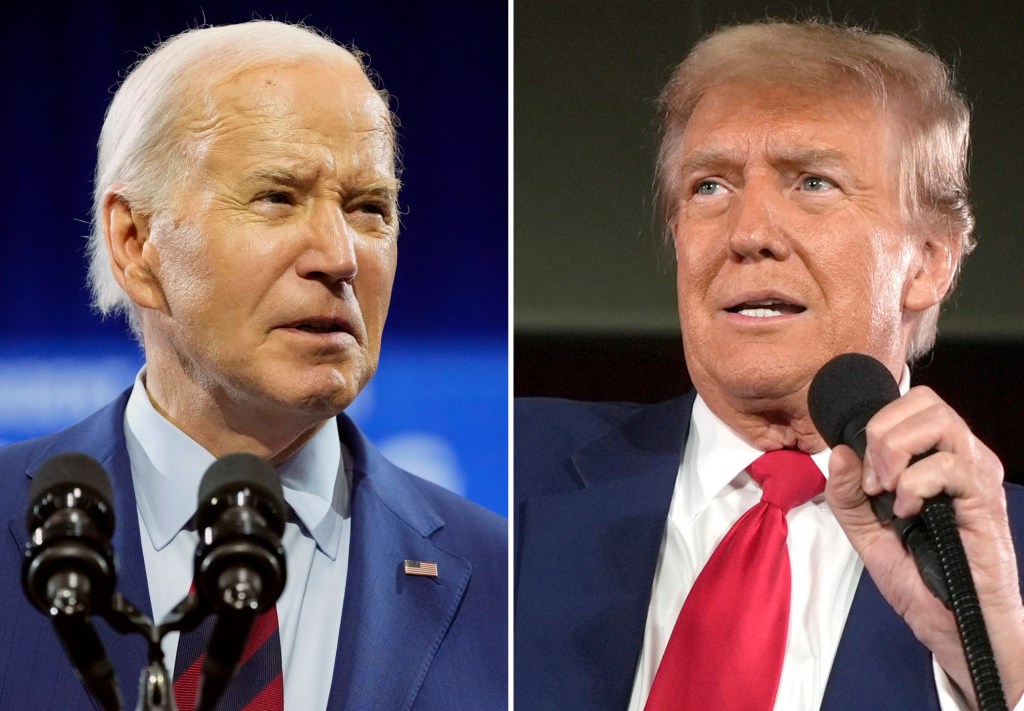With the presidential election season running through November, the debate doesn't seem to be dying down anytime soon. Will this heated partisan debate harm the economy?
Historically, the impact has been minimal. We all have political opinions, but the only way that can negatively impact the economy is if people use those opinions to make rash decisions about how to invest their money. It is very important to separate those opinions from your financial investment plan.
Does the stock market tend to decline during presidential election season?
Candidates on both sides seem to be trying to convince voters that this is the case. Is it true?
Presidential election years are by far the most common time for the stock market to rise. Over the past 100 years, and in the 25 presidential elections up until 2020, 83% of those years saw the stock market rise at the end of the year. Thus, statistically, historical data proves that election season rhetoric does not have a negative effect on the economy.
Many on both sides of the aisle say the economy depends on which party takes control of the White House. Is that really true?
Certainly, given the role that presidential administrations play in tax policy and economic policy in general, whoever sits in the White House can influence the state of the economy, at least in the short term. But success or failure is not tied to one political party. We have experienced recessions under both Democratic and Republican administrations, and we have experienced great economic growth under both Democratic and Republican administrations. Thus, there is no consistent correlation over time between which political party is involved and the performance of the economy or the stock market. This is why you should not change your investment plans simply based on which party is in power.
Given the sensationalism you're hearing, what advice would you give people on how to manage their finances?
Heated rhetoric was hard to avoid during the 2020 election cycle, and 2024 is proving to be no different.
The best advice I can give is to shut out the noise and stick to the plan that you and maybe your financial advisor have created for you. If your investment plan hasn't been working for years, it may definitely be time to pivot. But if your plan is working and people are wondering if they should change their plan because of what they've seen or heard on the news or political talk shows, there's no need to. Shut out the noise when it comes to finances and trust the plan you've created for yourself. That's the best way to ensure continued success.
So, aren’t politics a factor to consider when building and maintaining a financial investment plan?
Correct. Your personal political views should help you decide who to vote for. And which companies to support or not support. But they should be separate from your financial planning. Your investment and retirement planning should be about how you want to manage your money, when you want to retire, and how much money you think you'll need to live on when that happens. Those are all important factors, and you develop a plan that meets those needs. But which candidate or party wins or loses the election has very little to do with it.
So, to sum up, people should never panic about their finances based on what they are being told during political campaigns?
There's no need to panic about your finances or your plans. You've made a thoughtful, careful plan based on your specific needs and wants. Stick to that plan, ignore the noise, and most importantly, trust your good sense. There's no need to deviate from your plan based on external factors you can't control.
Heath Grossman, CFP®, is a partner at Johnson Brunetti, a retirement and investment firm based in Connecticut.

